‘The whole point of bureaucracy is to reduce the possibilities of your life to the greatest possible degree when it doesn’t simply succeed in destroying them; from the bureaucratic point of view, a good citizen is a dead citizen.’
Or so wrote the French author Michel Houellebecq in his 2019 novel, Serotonin.
Michel Houellebecq has garnered a reputation as a prophetic novelist with an uncanny talent for timing. His 2015 novel, Submission, about a future France where an Islamic political party won the election and ruled France under Islamic laws, was released on the same day as the Charlie Hebdo shooting, when almost the entire editorial staff of the satirical magazine Charlie Hebdo were massacred by Islamists for ‘insulting’ the prophet Muhammad. It also anticipated a flurry of deadly Islamist terrorist attacks in France and the rest of Europe.
In Serotonin, one of the central elements was the description of French farmers being deracinated by EU laws and globalisation, driven to violent protests, despair, and suicide. This book was written before the Yellow Vest Protests began in France – a movement of the working class against policies that squeezed their lives, such as increasing diesel tax, while the comforts of the upper, metropolitan classes were spared.
Many of these policies were the manifestation of the elites’ quixotic pursuit of extreme green agendas. The Yellow Vest Movement has spread globally, from Europe to Asia and the Americas. This is because many working-class people are faced with the same problem – a faceless elite who get together at immaculate and lavish conferences, download unproven and often naïve ideologies into their craniums, and who then try to implement policies that will ruin the lives of the working class, whom they see as raw material to be moved around like chess pieces, not people with lives, dreams, yearnings, and rights.
This is exactly what is happening in the Netherlands. In early May, the European Commission gave the green light for the Dutch government to start buying out farms to meet the EU’s climate targets. The EU’s 2021 European Climate Law set a goal of reducing greenhouse gas emissions by a minimum of 55 per cent by 2030, less than 7 years from now.
To meet this impracticable goal, the Dutch government has decided to target their farmers, blaming them for high greenhouse emissions. Dutch estimates suggest that up to 3,000 farms will have to be closed down. The government is offering buy-outs, with force-outs likely if they refuse. This radical policy is despite that the Netherlands only contributes 5.2 per cent of EU emissions, and that its emissions have reduced by 13.4 per cent between 2005 and 2019. Agriculture only makes up 9 per cent of Dutch greenhouse gas emissions, and its emission has been falling, even as its income increases.
In response, in an eerie echo of Houellebecq’s novel, Dutch farmers have been driven to protest en masse. In March, more than 10,000 farmers and their supporters gathered to protest in The Hague, days after similar protests by Belgian farmers, who blockaded Brussels with thousands of tractors, against plans to drastically limit emissions.
The Dutch policies are particularly puzzling, as Dutch farmers are among the most efficient in the world. The Netherlands, a tiny country both in terms of land and population, is nevertheless the second largest food exporter in the world, after the US, a country infinitely larger and with around 20 times the population. It has achieved this amazing feat by being a leader in agricultural technology innovation, as acknowledged even by the World Economic Forum, which is itself a leader in the push of the extreme green agenda. It is therefore mind-boggling that the Dutch government and the EU would want to uproot this industry rather than to promote and emulate it in a world that is running out of food.
As if to emphasise the EU’s foolishness, there is a condition for farmers who accept the buy-out, which is that they are not allowed to start another similar operation in any EU country, obliterating their world-class expertise and knowledge. Imagine being told by your government that your hard-earned skills cannot be used to make a living again, not only in your own country, but in your continent.
Some think that there is a hidden motive – the Netherlands is desperately short of new housing, but has very little land to build them on. This is shaping up to be a major election issue. The seizure of farmland is therefore suspected to be a land grab by the government.
Whatever the reasons, the farmers’ cause against the government’s immiserating policies that will end their livelihoods have garnered a lot of sympathy and generated equal measures of anger. The farmers’ protest party, the BoerBurgerBeweging (BBB, Farmers-Citizen Movement), scored an astonishing victory at the March provincial elections. The BBB is projected to take 15 seats in the 75-seat senate in the late May senatorial elections, giving them an equal majority. Amazingly, it won the popular vote in all 12 provinces.
We seem to be living the imagination of Houellebecq, who has been a resigned chronicler of the self-mutilation of Western culture for decades. However, counter to the pervasive pessimism and heart-wrenching ennui in his novels, the Dutch farmers, as well as the populist protests sprouting around the world, show that there is a deep sense and yearning for freedom, as well as disgust for tyranny, whatever guise it may present itself. The Dutch farmers’ peaceful and democratic revolt is to be celebrated and duplicated.
Got something to add? Join the discussion and comment below.
Get 10 issues for just $10
Subscribe to The Spectator Australia today for the next 10 magazine issues, plus full online access, for just $10.

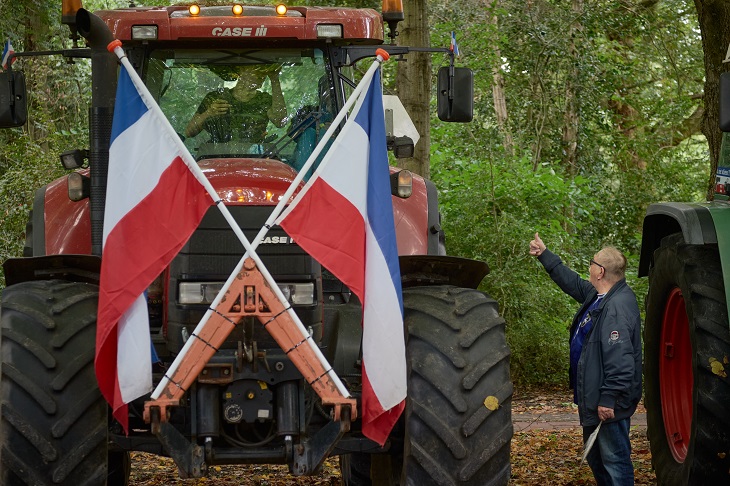

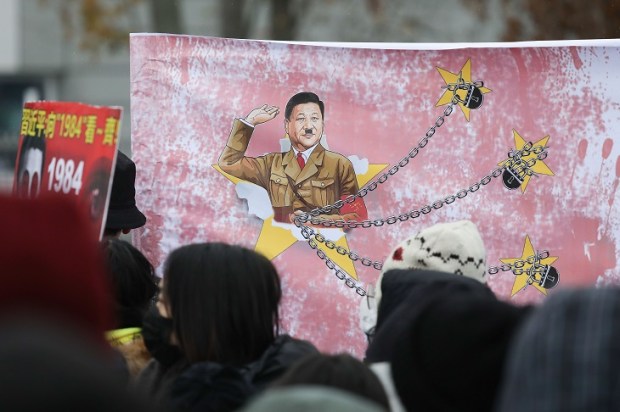
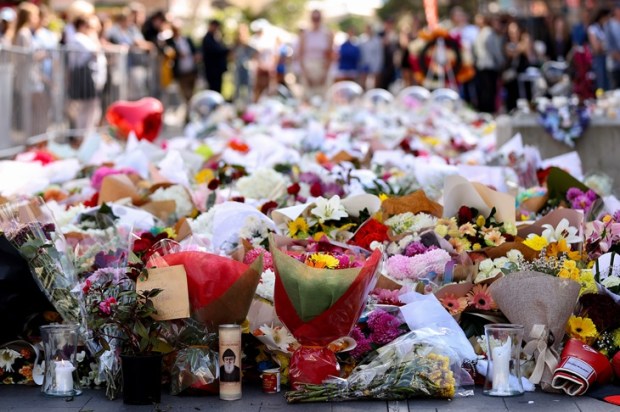
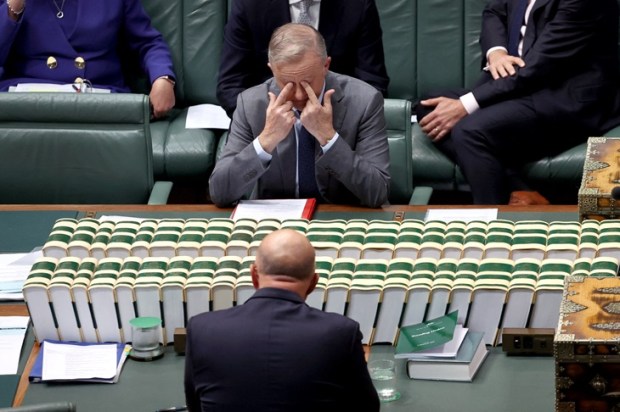
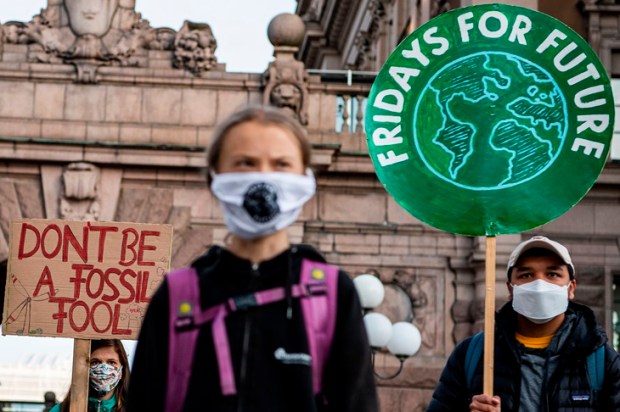



















Comments
Don't miss out
Join the conversation with other Spectator Australia readers. Subscribe to leave a comment.
SUBSCRIBEAlready a subscriber? Log in